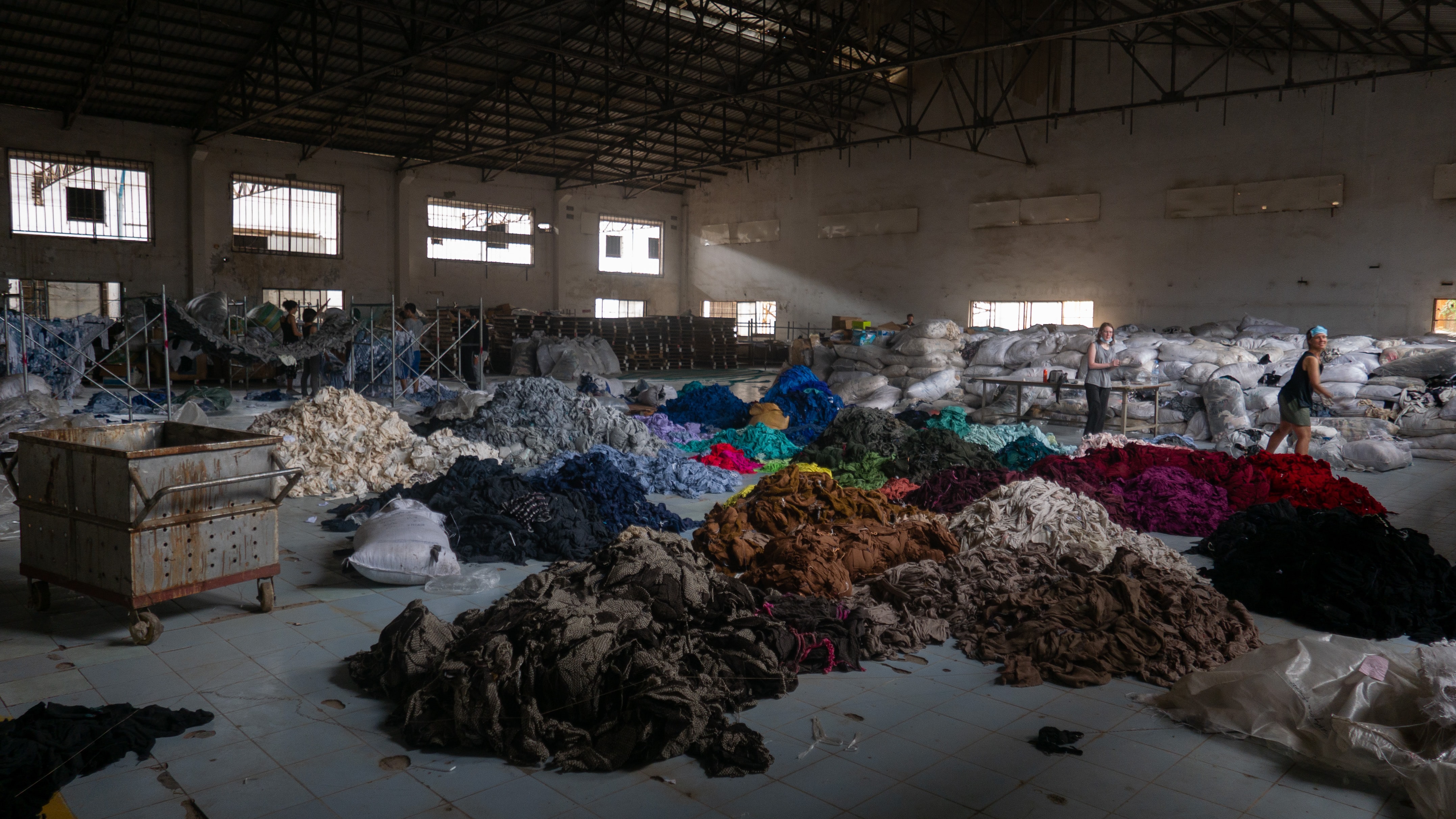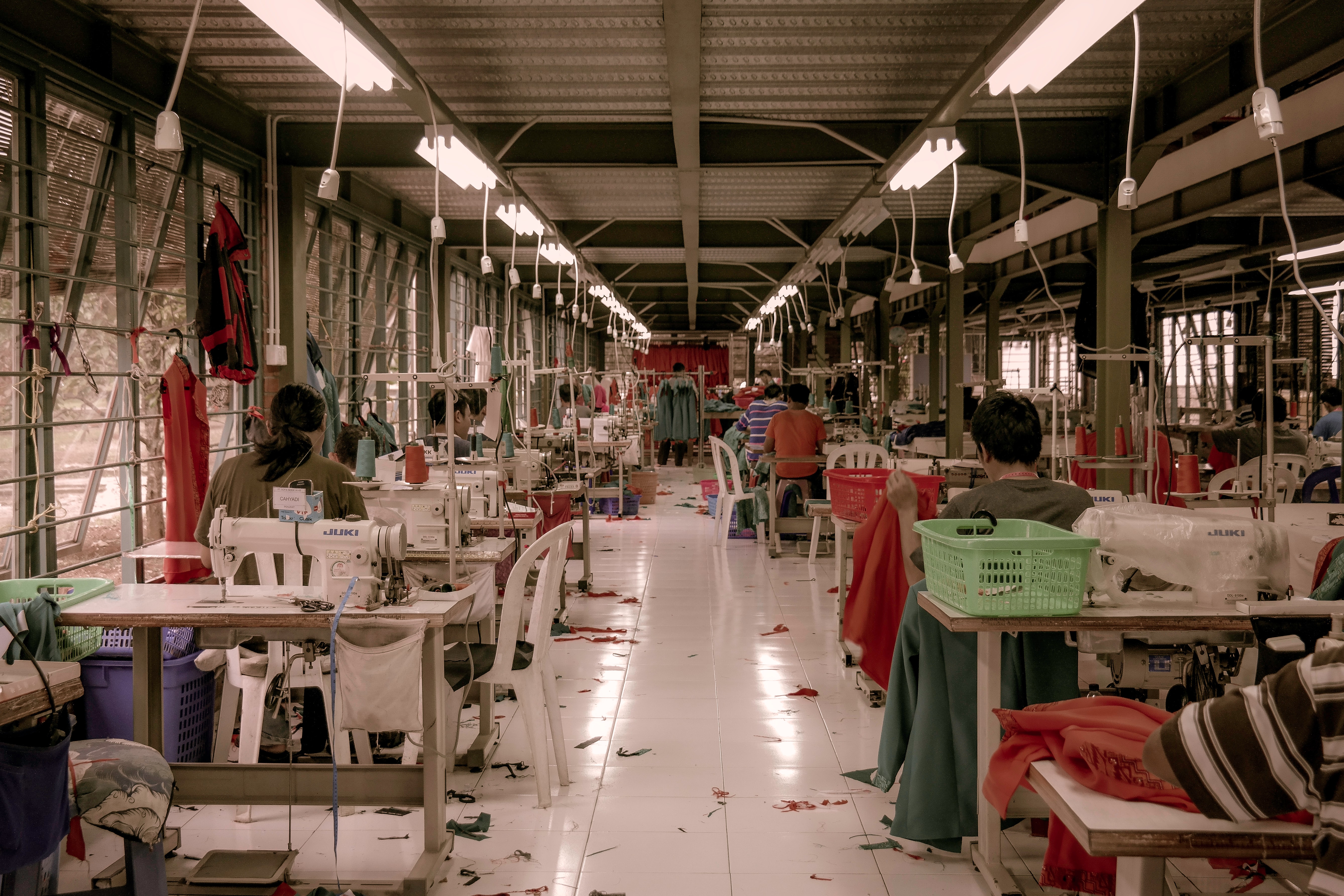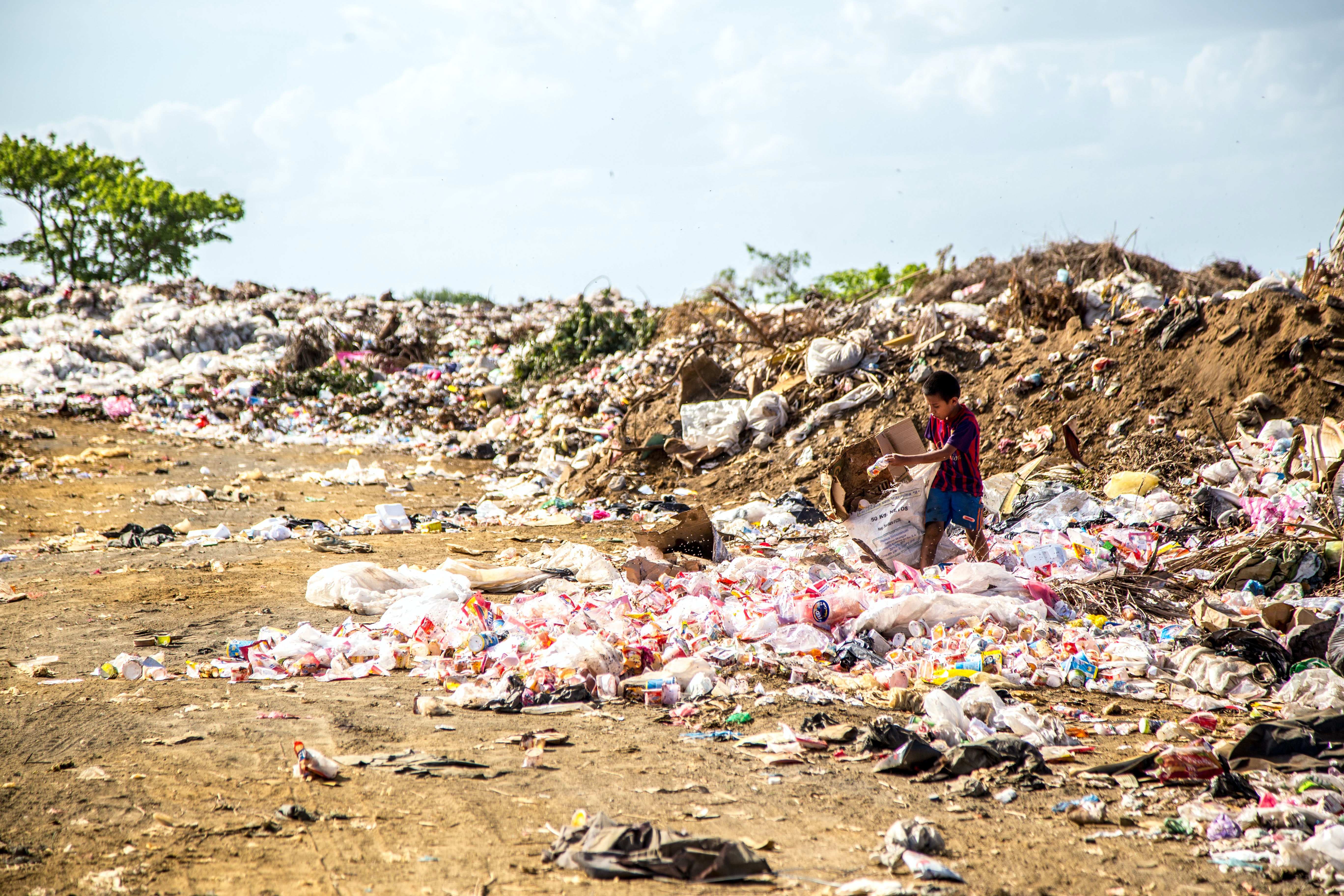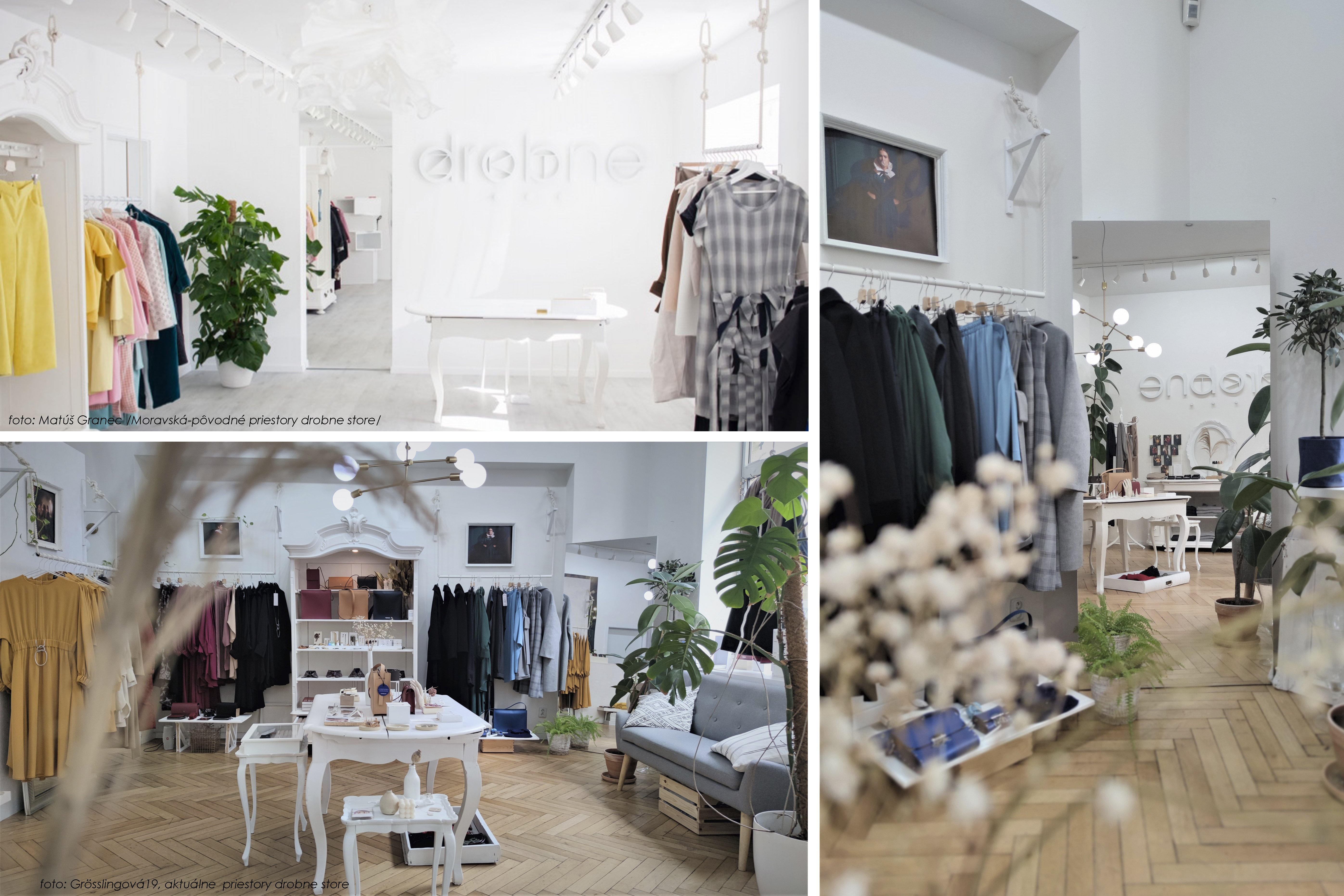"This is out of fashion, this is too classy, this is totally inappropriate, my gosh, why did I buy this anyway?" Do these thoughts sound familiar? Remember how you stood in the store excited that you had snatched up a fairly nice dress for only 5 euros. You said to yourself: "Great price, I'll take it." How many times have you fallen for such an impulse buy?
A single impulsive purchase for five euros still isn´t anything dramatic, however it does not stop here. If retailers convinced you one time with the great deal, they will do it again and again...even with less effort. Eventually, the impulsive purchase of five euros will end up as number of impulsive purchases for hundreds of euros.
Have you ever wondered how it is possible that today we can buy a T-shirt that is equal to the price of a Starbucks coffee? Who actually pays the price for it remains a question that many people prefer not to hear the answer to.
In order for large manufacturers to be able to produce clothes at a low price, they also have to push down costs. Lower quality materials, mass production and ideally cheap labour all push the price down.
quality

Large manufacturers choose the cheapest materials on the market. They do not pay attention to the durability or usability of the products. It often happens that individual pieces of clothing fall apart before they reach the shop. Let's be honest, how many of us have had our clothes shrink or stretch after a few washes, or at best 'just' lose their colour.
people

Not only is mass production causing a rapid decline in quality, but it is also polluting our environment and exploiting ordinary people who were not lucky enough to be born in an economically developed country.
planet

A recent study by the Ellen McArthur Foundation found that one garbage truck with textiles is thrown away every second.Simply put: cheap clothes = huge environmental impact. In the US alone, a staggering 84% of discarded clothes that cost 'just' a few euros end up in an incinerator or landfill.
and what is left to us?

The fact that the textile industry is working at full speed, mass production leads to overproduction and an unimaginable number of unsold garments are thrown away every day is unfortunately something we cannot change on our own.
Drobne manufactures differently than other brands. We are aware of this problem and are trying to open people's eyes by offering more sustainable options. However, to stop overproduction, change has to start from within each of us.
source: www.bbc.com
